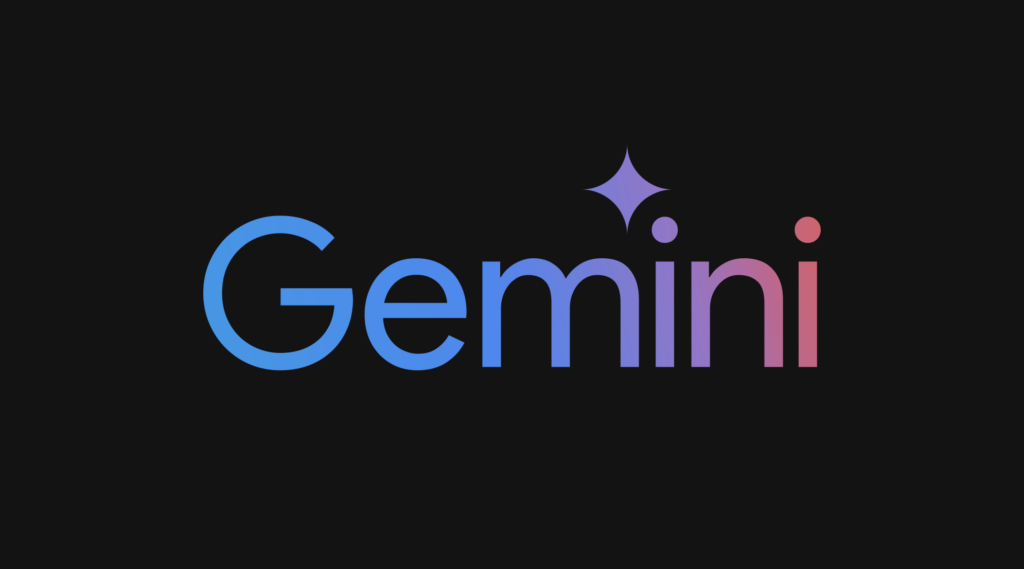Google Gemini, an advanced artificial intelligence platform, has gained significant attention for its powerful capabilities and integration into various applications. However, as with any AI technology, privacy concerns are paramount.
Before diving into the specifics, let’s briefly touch on using AI platforms like Google Bard. First, the steps to sign in google bard are simple: visit the official website, create an account or log in with your existing Google credentials, and follow the on-screen instructions to access the platform.
This blog will explore the top privacy concerns associated with Google Gemini and how they might impact users.
What is Google Gemini and How Does it Work?
Google Gemini is an advanced AI platform that enhances productivity and creativity across Google Workspace apps like Gmail, Docs, and Spreadsheets. It combines the best features of Microsoft Copilot and OpenAI’s ChatGPT.
Like ChatGPT, you can use Google Gemini to generate responses and assist with various tasks. However, it integrates deeply with Google Workspace, offering personalized AI assistance within each app. Backed by the power of Google search, Gemini promises to be a robust and effective tool, though its full potential and security are still being evaluated.
Google Gemini works similarly to Microsoft Copilot in Office 365 by tapping into your organization’s Google Workspace data. It uses Google’s advanced language models to analyze your content and provide relevant, contextual assistance. This means it can help you summarize complex documents, quickly find answers from Sheets of data, suggest email responses, or improve your writing in Docs.
For example, suppose you’re writing an email in Gmail about an upcoming project. In that case, Gemini can pull key points from related documents in Drive, suggest professional phrases, and even catch possible errors. This kind of assistance aims to make your work more efficient and polished.
Google Gemini is designed to boost productivity and creativity using generative AI. However, its use also raises important questions about data privacy and security.
Privacy Concerns
Now, let’s explore the privacy concerns surrounding Google Gemini.
-
Data Collection and Usage
One of the primary privacy concerns with Google Gemini is the extensive data collection. Like many AI platforms, Gemini must access vast amounts of data to function effectively. This includes personal data, search history, location information, and more. The concern is the extent to which this data is collected and how it is used.
Potential Risks:
Personal Data Exposure: The more data collected, the higher the risk of exposing or misusing personal information.
Data Monetization: The collected data could be used for commercial purposes, such as targeted advertising, without explicit user consent.
-
Data Security
Data security is another significant concern. With the increasing number of cyberattacks and data breaches, users are understandably worried about how their data is protected.
Potential Risks:
Hacking and Data Breaches: If Google Gemini’s security measures are compromised, sensitive user data could be exposed to unauthorized parties.
Insufficient Encryption: Without robust encryption protocols, data transmitted and stored on the platform could be vulnerable to interception.
-
User Consent and Control
A critical aspect of privacy is user consent and control over their data. Users should understand what data is being collected, how it is being used, and the option to opt out or delete their data.
Potential Risks:
Opaque Data Practices: If Google’s data practices are not transparent, users may not fully understand what they agree to.
Limited Control: Users may need help managing their data preferences or requesting the deletion of their data.
-
Third-Party Data Sharing
AI platforms often share data with third-party partners for various purposes, including analytics, advertising, and improving services. This sharing can raise significant privacy concerns.
Potential Risks:
Unauthorized Access: Third parties may not have the same stringent security measures, leading to potential data leaks.
Unclear Data Handling: It may need to be clarified how third-party partners use and protect the shared data, increasing the risk of misuse.
-
AI Bias and Fairness
AI systems, including Google Gemini, can exhibit biases based on the data they are trained on. This can lead to unfair or discriminatory outcomes and critical privacy and ethical concerns.
Potential Risks:
Discriminatory Practices: If the AI system reinforces existing biases, it could lead to unfair treatment of specific user groups.
Lack of Accountability: It can be challenging to pinpoint the source of bias within complex AI systems, making accountability difficult.
-
Continuous Monitoring and Surveillance
AI platforms like Google Gemini often rely on continuous data monitoring to improve their services. While this can enhance user experience, it also raises significant privacy concerns regarding surveillance.
Potential Risks:
Invasive Tracking: Continuous monitoring can feel invasive, leading to concerns about constant surveillance.
Privacy Erosion: Over time, the accumulation of monitored data can erode individual privacy.
-
Compliance with Privacy Laws
Ensuring compliance with privacy laws and regulations is crucial for any AI platform. Google Gemini must adhere to global privacy standards, such as GDPR in Europe and CCPA in California.
Potential Risks:
Regulatory Non-Compliance: Failure to comply with privacy regulations can lead to legal consequences and damage user trust.
Inconsistent Policies: Different regions have different privacy laws, and conflicting policies can create confusion and potential legal issues.
-
User Data Anonymization
Anonymizing user data is a common practice to protect privacy. However, the effectiveness of anonymization techniques can vary, and there are concerns about the re-identification of supposedly anonymous data.
Potential Risks:
Re-Identification: Advanced data analysis techniques can sometimes re-identify individuals from anonymized data.
Insufficient Anonymization: Poor anonymization practices can leave data vulnerable to identification and misuse.
-
Data Retention Policies
Another critical privacy concern is how long user data is retained. Users need to know how long their data will be stored and what happens after it is no longer needed.
Potential Risks:
Extended Data Retention: Storing data longer than necessary increases the risk of exposure and misuse.
Unclear Retention Policies: Lack of clarity on data retention policies can lead to user mistrust and privacy concerns.
-
User Awareness and Education
Many privacy concerns stem from a need for more user awareness and understanding of how their data is used. Educating users about privacy practices and potential risks is essential.
Potential Risks:
Misunderstanding: Users may need to fully understand the data collection and usage implications, leading to uninformed consent.
Lack of Resources: Users may need adequate resources and support to protect their privacy effectively.
Mitigating Privacy Concerns
Users and Google Gemini must take proactive steps to address these privacy concerns. Here are some measures that can help:
For Users:
Review Privacy Policies: Regularly review the privacy policies of AI platforms to understand data practices.
Adjust Privacy Settings: Use available privacy settings to control data sharing and usage.
Stay Informed: Keep up-to-date with the latest privacy trends and best practices to protect personal data.
For Google Gemini:
Enhance Transparency: Provide clear and transparent information about data collection and usage practices.
Strengthen Security: Implement robust security measures to protect user data from breaches and unauthorized access.
Ensure Compliance: Adhere to global privacy laws and regulations to maintain user trust.
Promote User Control: Give users more control over their data with easy-to-use privacy settings and opt-out options.
Wrapping-Up
Like many advanced AI platforms, Google Gemini offers incredible benefits but raises significant privacy concerns. Addressing these issues, from data collection and security to user consent and AI bias, is crucial to maintaining user trust and protecting individual privacy.
As AI technology evolves, users and developers must remain vigilant about privacy practices. By staying informed and proactive, we can enjoy the benefits of AI while safeguarding our personal information.
In closing, it’s important to note that platforms like ChatGPT also have their privacy considerations. Users often ask, “does ChatGPT provide original content?” The answer is yes. ChatGPT generates responses based on a vast dataset but doesn’t involve personal conversations or use them to train future models. This approach helps protect user privacy and ensures the originality of the content provided.




